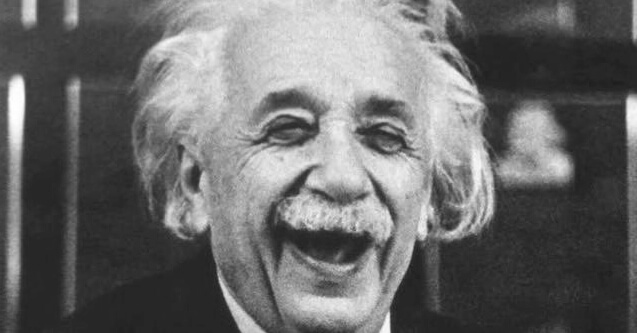I Might Do a lot of Crazy Things, But I'm Not Crazy


Written and verified by the psychologist Sergio De Dios González
Doing crazy things is a sign of freedom that has nothing to do with being crazy. It just gives you the chance to take a different path than what most consider normal. In these spontaneous, chaotic situations, you can fly higher than you could have otherwise. Everyone, absolutely everyone, has done something crazy in their lives, because letting loose and getting a shot of adrenaline is necessary and natural.
To most people, “being crazy” is associated with some mental imbalance and a distorted perception of reality, a loss of self-control, hallucinations, or absurd and ridiculous behaviors.
Meanwhile, “doing something crazy” is a colloquial phrase with a subtly different meaning. We need a bit of craziness in our lives, or else we’d never dare cut the cord and be free to do things that aren’t exactly logical.
People are so necessarily crazy that it would be crazy to not be crazy.
The line between genius and craziness
Not all geniuses are crazy, and not all crazy people are geniuses. A genius is someone who has extraordinary abilities, expertise in a particular field or subject, and the ability to discover and express new ideas. In other words, they create.
They’re not necessarily sick, although when they are, they know how to take advantage of it to create amazing things. Studies have shown that creative abilities exist in mentally ill people before the illness manifests.
Some people label others as crazy just because they have special abilities and genius-like tendencies. Sometimes we disparage things we don’t understand out of fear and/or ignorance. But the line between genius and madness is wider than what some people can see.

Ingenuity appears to be genetic, although little research has been done on the subject. At the same time, environment also plays a big role. For example, if Mozart or Einstein had been isolated in the jungle, they wouldn’t have been the geniuses they were. Nor would we have the image of them that we have today. Studies show that 75% of the brain’s architecture depends on the environment.
Creativity is also associated with emotional conflict. It appears as though dissatisfaction is what pushes the genius to create, and that has a neurological basis. Genius is not a mental illness. But when the two exist together, the person knows how to take advantage of their madness to create something beautiful.
Geniuses are like towers: from afar, you can see how high they reach, but when you’re right next to them it’s impossible to measure their height and admire their greatness.
Normal and crazy
Madness is actually a lack of reason or good judgement. The problem is that up until the end of the 19th century, madness was associated with the rejection of established social norms. For that reason, people today still view people who don’t follow social norms as crazy.
Most societies construct models of behavior that span the different stages of human development. Setting aside cultural differences, most societies expect people to be born healthy, grow without health complications, go to college or specialize in some sort of profitable field, get married, and make a new family in a new home.

These paradigms are just norms. Most people might accept them as normal and believe that any attitude or idea that trespasses those limits is wrong, or even crazy. But sometimes, madness is the only healthy reaction to a sick society.
“To some people, mediocrity is normal, and seeing beyond that is crazy.”
-Charly García-
This text is provided for informational purposes only and does not replace consultation with a professional. If in doubt, consult your specialist.








